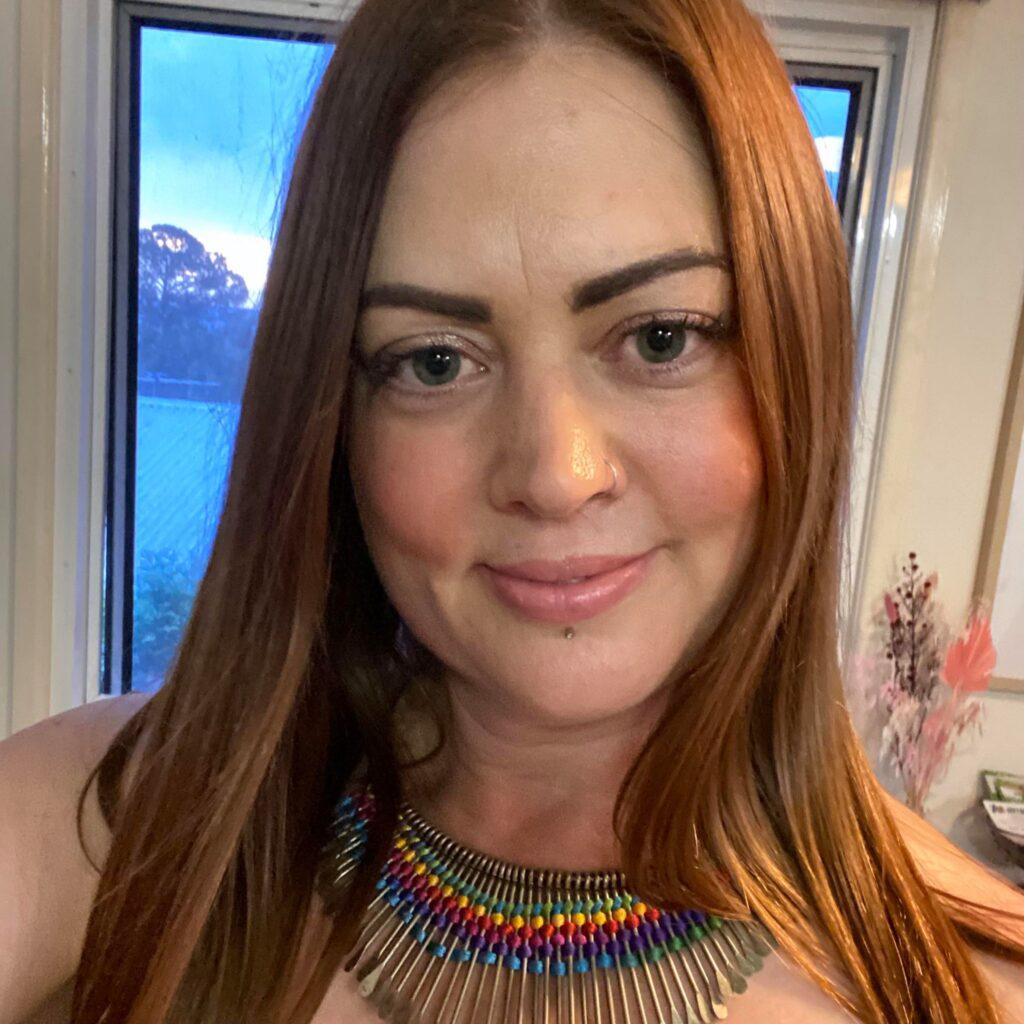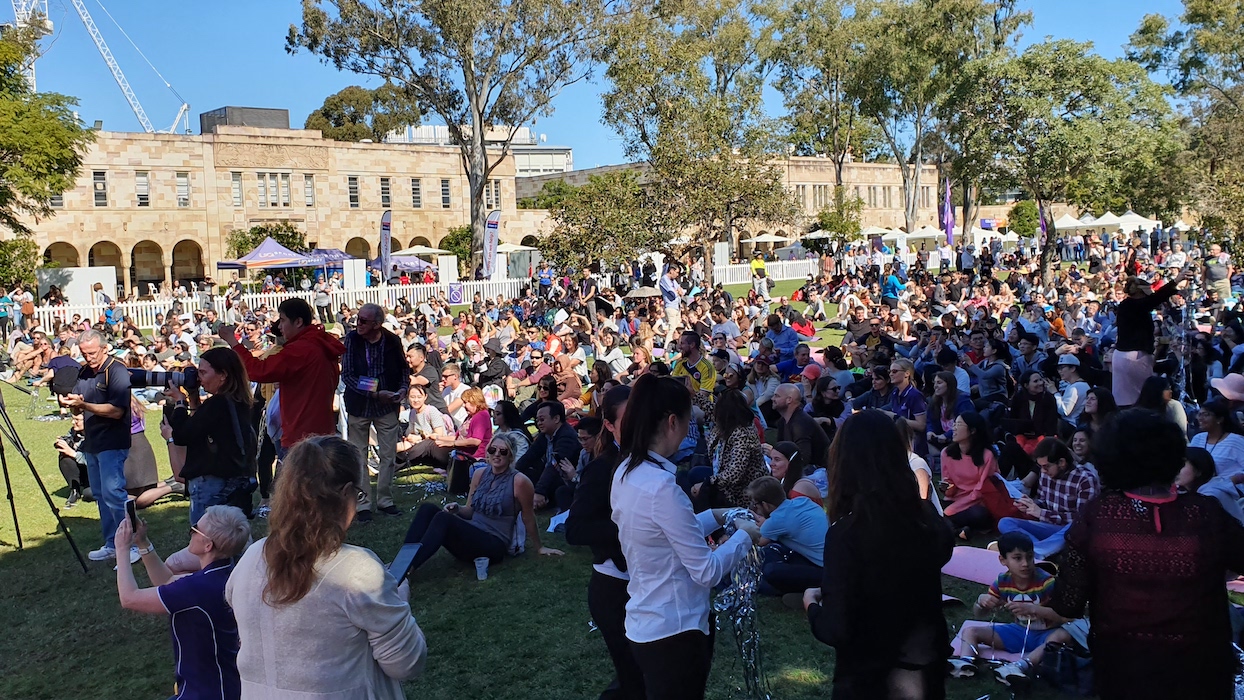Redefining Success: Ditch Resolutions, Embrace Your Values
By Ms Ali V Flint

The January air seems thick with a kind of angsty, overwhelmed, tension, laced with melancholy of the holidays end and a brave hope for a more joyful, abundant, promising New Year.
We are almost through January now, and the excitement of a fresh start might be mingling with a tinge of self-reflection and uncomfortable review, as we avoid noticing the healthy cookbooks and running shoes we received as Christmas gifts and the image looking back at us in the mirror. The vision board, meticulously crafted, the carefully outlined goals, and the resolutions regretfully declared aloud with enthusiasm may already be haunting us.
If you’re feeling like you’re falling short of the aspirations set out a couple of weeks ago, take a moment to b r e a t h e. The truth is the pressure to adhere to a rigid set of resolutions often sets us up for a cheek-blushing tender fall right about now. It’s not uncommon to feel a sense of broken promises and disillusionment as the initial enthusiasm dwindles and we are left feeling defeated, lost, or questioning our ability to truly change.
What if we redirected our focus away from the unhelpful ‘must and should’ self-talk, the checklist of lofty goals, and toward something more sustainable and nourishing? Please join me as we safely enter the sanity-saving realm of values – offering a more compassionate, resilient, and sustainable approach to personal growth, and which doesn’t get left behind like that unopened journal in the top drawer or the dusty exercise bike in the shed.
I don’t know about you, but one of my brain cells spontaneously combusts in an electrified protesting puff of annoyance each time I hear the ‘New Year, New Me’ mantra. Rest assured; it really is OK to decline the invitation to feel pressured to completely reinvent yourself every year. Life is a continuous journey, not a series of annual reboots that launch on 1st January and conclude on 31st December in a measurable and predictable timeline.
Instead of discarding the old versions of ourselves like last year’s calendar, let’s acknowledge and appreciate the courage and resilience it took to chart a course through the various twists and turns that brought us to this point. Whether you’re facing ongoing health challenges, family complexities, work stress, or wrestling with mental health issues, your journey is uniquely yours, and there’s no need to erase the chapters or lessons that shaped the incredible person you are today. You would not be reading this blog if you were not motivated to better yourself and keep on trying. Call me crazy, but I think we owe a lot to all the endless versions of ourselves that continue to reside within. Why would we want to discard these precious witnesses to a life lived thus far? I see you, and I salute you – every single version of you.
Like many things, you were probably not taught about values within the school curriculum. Most of our parents probably didn’t sit us down and talk to us about their values, let alone provoke us to think about our own. Understandably, values are a concept learned about in the biggest classroom there is – L I F E.
In Acceptance and Commitment Therapy (ACT), values refer to: the deeply held qualities and principles that individuals find meaningful and important in their lives. These values can be thought of as a guiding compass, helping us navigate our actions and choices.
In ACT, the emphasis is on identifying and living in accordance with one’s values, fostering a sense of purpose and fulfillment, rather than focusing solely on specific short-lived goals or external outcomes. Values provide a flexible and enduring framework for making choices that align with the kind of person you want to be and the type of life you want to lead. In an age of seemingly infinite ideas, information, a simple question you can ask yourself when facing tricky decision points is as follows: “Is this an away move or a toward move” in relation to my core values and what I stand for?”
Having similar or dissimilar ‘values’ can also be the reason we seem to click with certain people or feel at home in particular settings while others rub us up the wrong way and make us feel as out of place as a penguin in the desert. This is not to say we must have the same values to be friends or get along with loved ones and colleagues (boring!), but if you do happen to notice your buttons being pushed, a deeper understanding of your core values, where they came from and why they’re important to you might just help shine a light on some of the repetitive patterns and conflicts playing out underneath the surface.
Consider taking the short, free quiz below to discover what your core values are. Optional challenge: compare and converse with a loved one about how each of your values are the same or different, how you rated priority values over other equally appealing ones, and why you think that might be true for you.
Living in alignment with your core values often brings about a sense of contentment and “rightness,” even in the face of life’s challenges. And let me just clarify, I do not mean ‘right’ as in better than, but rather the type of ‘just right’ which Goldilocks was seeking when she sampled all those bears’ porridges – a good fit for that individual, person, at that time in their life, under the circumstances they are facing. When our actions deviate from these same values, we may experience a subtle sense of discomfort or disconnection. What a helpful ‘clue’ to remind us that we may have strayed, that it could be helpful to pay attention to what is going on in that moment, and why certain feelings or responses might be arising.
Should you wish to dive deeper into the world of values, the team at Brisbane ACT Centre are committed to supporting you in this exploration and can support you to tug on those threads, and craft a colourful life that resonates with what truly matters to you. Get in touch if this blog article resonates with you and you are open to embracing the power of values. Values-based living is about embarking on a journey of self-discovery, seeking increased self-awareness, and improved self-confidence that comes with knowing who you are at that authentic, embodied level.
May knowing you have a compass hidden in your pocket, and always ready to assist you, bring some peace of mind and an extra dose of courage for the year ahead and beyond.
Ms Ali V Flint
General Psychologist, ACT Therapist & Buddhist Psychotherapist
Ali is a compassionate, highly intuitive psychologist with over 15 years of clinical experience. Friendly, down-to-earth and practical in her approach, Ali seeks to truly connect with her clients and support them to tap into their own inner wisdom and strength.


















